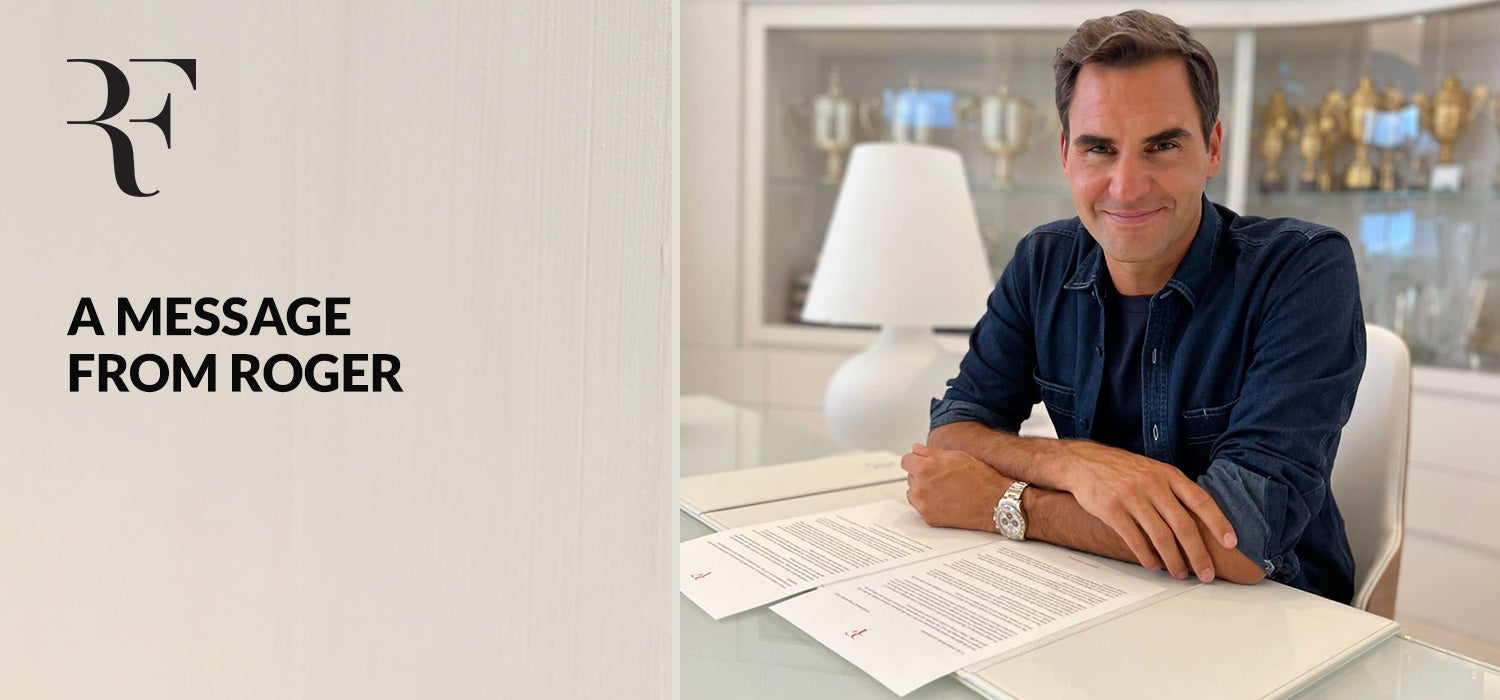Forget the Grand Slam trophies gleaming under the stadium lights. Forget the balletic footwork and the thunderous forehand that rewrote the playbook. Forget the man sculpted in perfection on center court, serenaded by the roars of millions. To truly understand Roger Federer, the Swiss Maestro, we must rewind. We must travel back to a simpler time, to a sun-drenched tennis court in Basel, Switzerland, where a six-year-old boy held a wooden racket, eyes wide with wonder, ready to embark on a journey that would etch his name in sporting history.
This isn’t a story of instant brilliance, of a prodigy bursting onto the scene. It’s a narrative of relentless pursuit, of a boy who craved the dance of the ball on the strings, fueled by a quiet, unwavering passion. Each missed forehand wasn’t a defeat; it was a brushstroke on the canvas of his ambition. Each backhand miscue, a lesson etched in sweat and focus. This wasn’t about talent alone; it was about dedication, about a work ethic forged in the crucible of desire.
His playground wasn’t just the court; it was the cobblestone streets of Basel, his racquet a constant companion. Every bounce against a wall, every impromptu rally with friends, became a step on his ascent. It wasn’t about winning local tournaments; it was about the joy of the game, the thrill of mastering its intricacies. This wasn’t a path driven by trophies; it was a journey fueled by the love of the sport, a love that burned bright and refused to be extinguished.

Then came the junior circuit, a proving ground where the mettle of champions is tested. Here, the young Federer encountered not just opponents, but mirrors reflecting his own potential. He tasted victories and defeats, learned the sting of setbacks, and discovered the resilience that would become his trademark. This wasn’t just about ranking or points; it was about carving his own path, a path paved with lessons learned and battles won.
But the ascent wasn’t linear. There were stumbles, moments of doubt, whispers of “potential unfulfilled.” Yet, amidst the criticism, Federer held onto his quiet belief. He honed his game, sculpted his physique, and most importantly, nurtured his love for the sport. This wasn’t about proving doubters wrong; it was about proving something to himself, about staying true to the boy who fell in love with a game on a sun-drenched court.

And then, Wimbledon 2003. The world witnessed the birth of a legend. The shy Swiss boy, now a man, painted the court with artistry, his backhand a brushstroke of magic, his forehand a force of nature. This wasn’t just a victory; it was a revelation, a moment when the world took notice, when the legend of Roger Federer began to unfurl.
Since then, the story has been etched in Grand Slam trophies, in record-breaking reigns, in moments of breathtaking brilliance. But beneath the accolades, the core remains the same – the boy who fell in love with a game, the boy who chased his dreams with unwavering passion, the boy who, through sheer dedication, became the Maestro.

Now, let’s answer the questions that tickle your curiosity about Roger Federer:
What is the best biography of Roger Federer? There are several excellent biographies of Roger Federer, each offering a unique perspective on his life and career. Some popular choices include “The Master: The Long Journey of Roger Federer” by Christopher Clarey, “Roger Federer: A Visual History” by René Stauffer, and “Roger Federer: My Life” by Roger Federer himself.
Which country was Roger Federer born in? Roger Federer was born in Basel, Switzerland, on August 8, 1981. He holds both Swiss and South African citizenship.
What is Roger Federer’s first language? Federer’s first language is Swiss German, but he is also fluent in English and French. He has spoken in all three languages during his public appearances and interviews.
How old was Federer when he won his first Grand Slam? Roger Federer won his first Grand Slam title at the age of 21 at Wimbledon in 2003. This historic victory marked the beginning of his reign as one of the greatest tennis players of all time.
Remember, Roger Federer’s story is not just about a tennis champion; it’s about the power of dreams, the magic of dedication, and the enduring beauty of a journey fueled by the first spark of love for a game.


